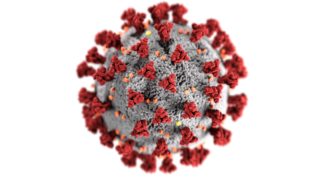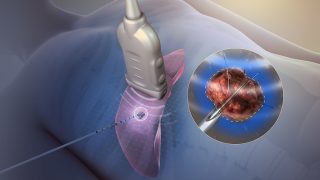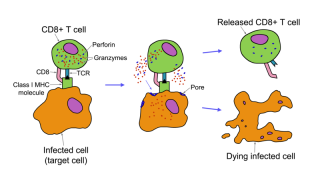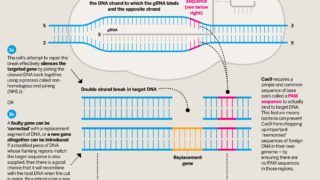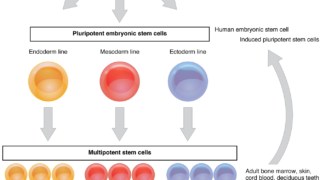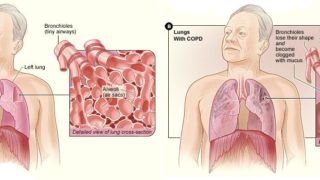
Health-related quality of life in chronic obstructive pulmonary disease patients
Chronic diseases are already having and will continue to have not only profound economic, social and individual consequences but also a major impact on the use of health resources and design of new care processes. Chronic obstructive pulmonary disease (COPD) is a case on point. COPD is airflow limitation caused by an inflammatory response to […]
